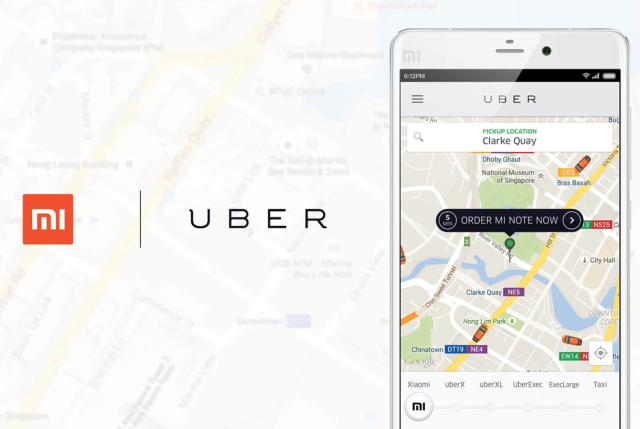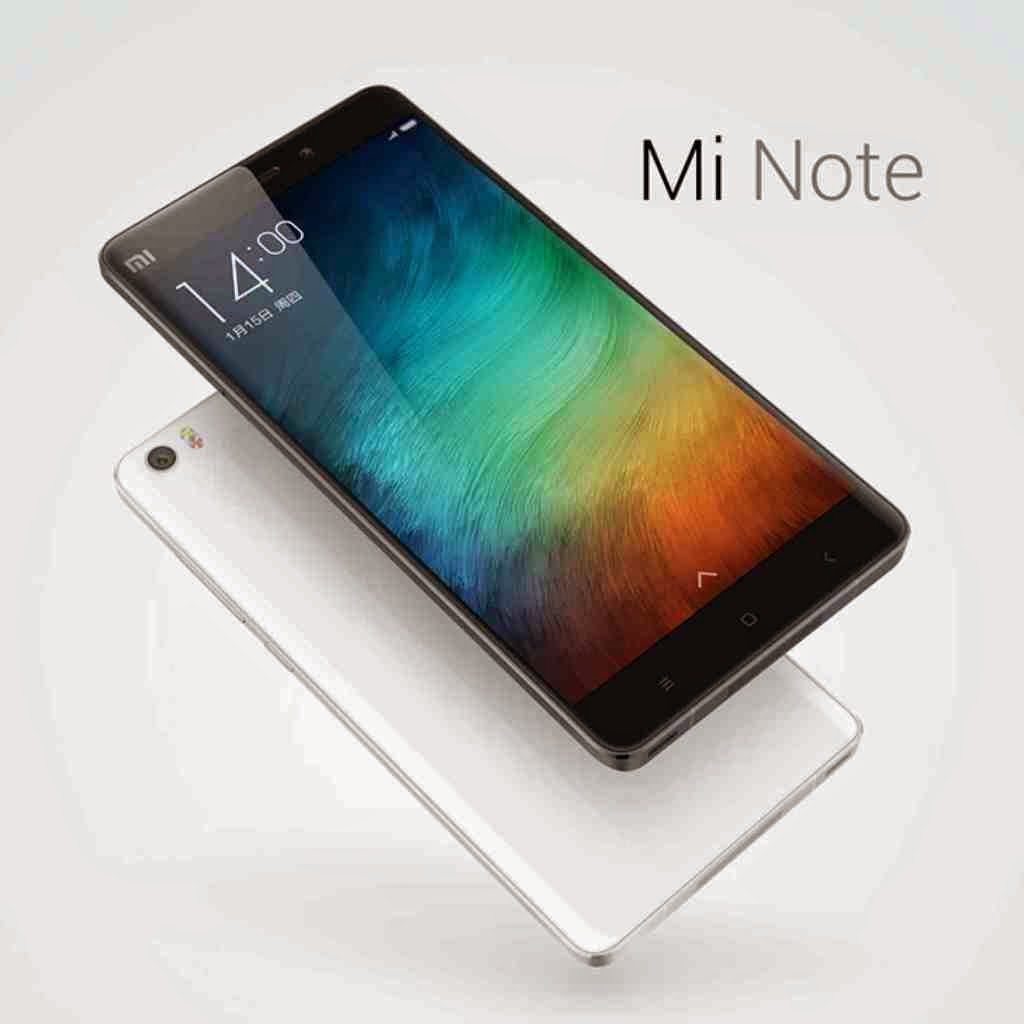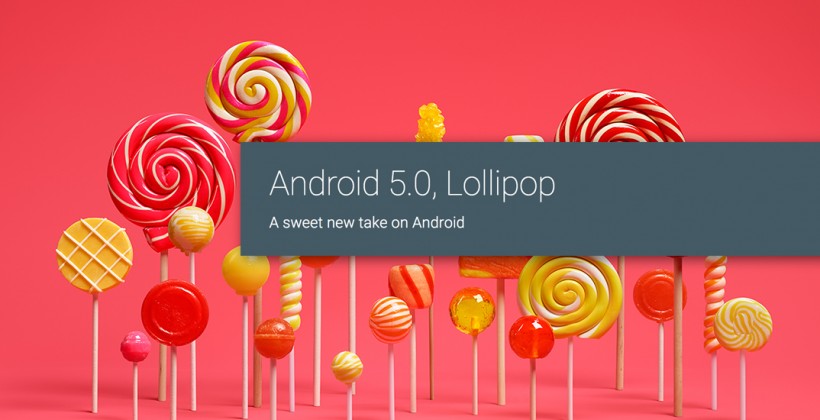If you needed more proof of Uber’s fleet-footed thinking and business model, here’s one: Xiaomi is partnering with the on-demand taxicab service to help deliver its 5.7-inch Mi Note phone in Singapore and Malaysia.
Unlike Xiaomi’s regular online sales, through which customers have to wait an excruciating five working days for their new S$569 devices, the Uber partnership will let customers get their hands on a unit on the same day. Within 4 minutes of them placing the order, Xiaomi says, an Uber driver will be on the way to deliver the phone. The purchase will be charged on the user’s Uber account and the handset will be delivered shortly thereafter to his or her physical location.
A limited number of Mi Note phones will be allocated for the Uber and Xiaomi event and will take place on July 27, a day before online sales begin.
While obviously a publicity stunt, this new approach also shows how two of the world’s most valuable startups can work well together. Xiaomi, valued at $45 billion, is in a growth phase, expanding for the first time outside of Asia to Brazil, and selling 35 million handsets so far this year. The company sells its phones close to cost, forsaking traditional retailers in most of the markets in which it operates in order to keep costs as low as possible.
Uber has been valued at $50 billion by private investors on the assumption that it could turn its hundreds of thousands of active drivers into a delivery fleet that not only transports passengers but also goods. But in the United States, at least, the company has encountered stiff competition from startup rivals like Postmates and e-tailing giants like Amazon Inc.





